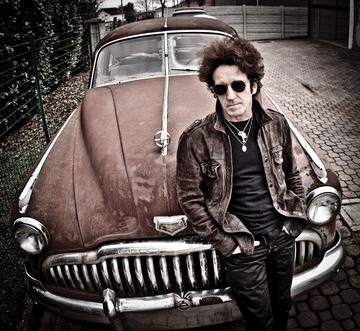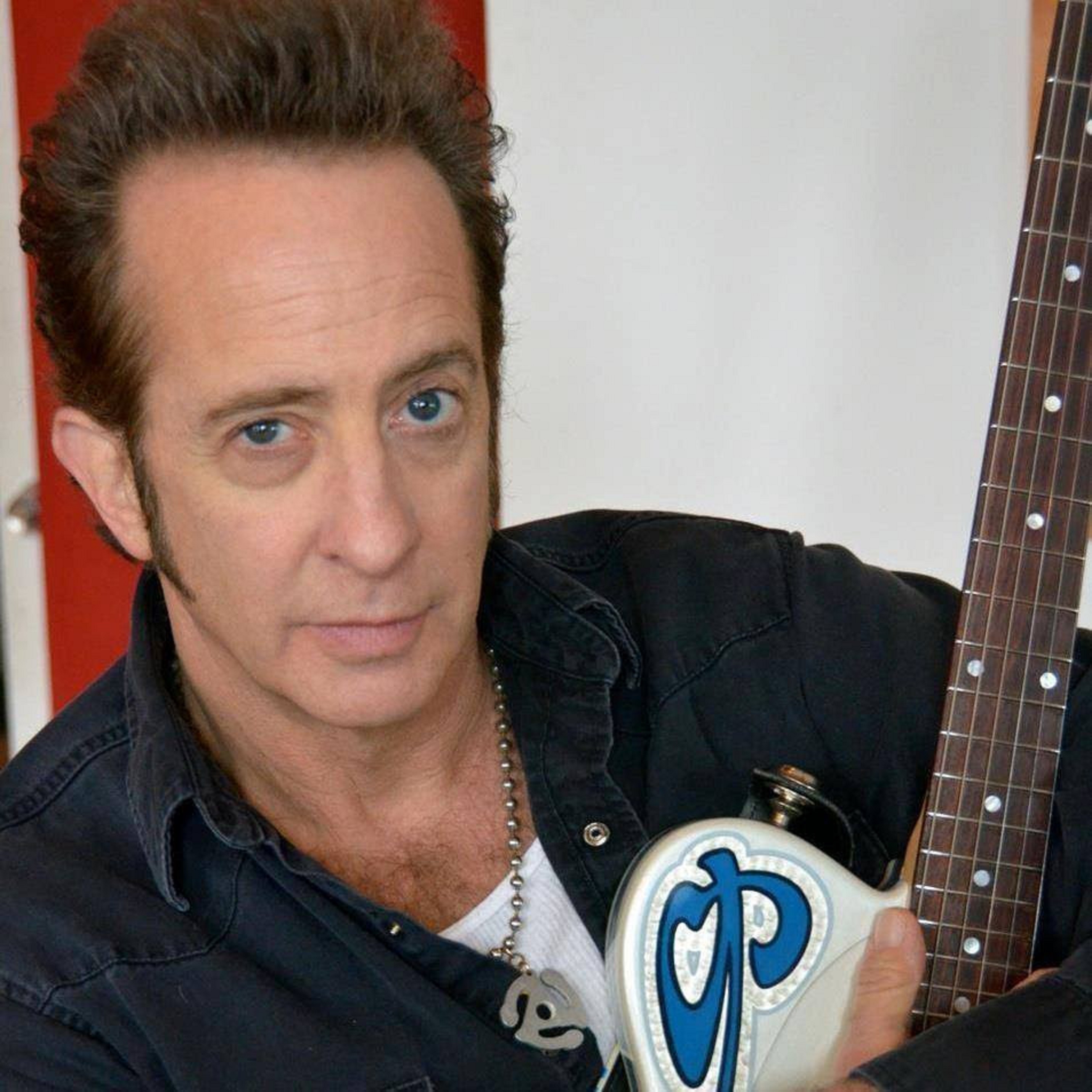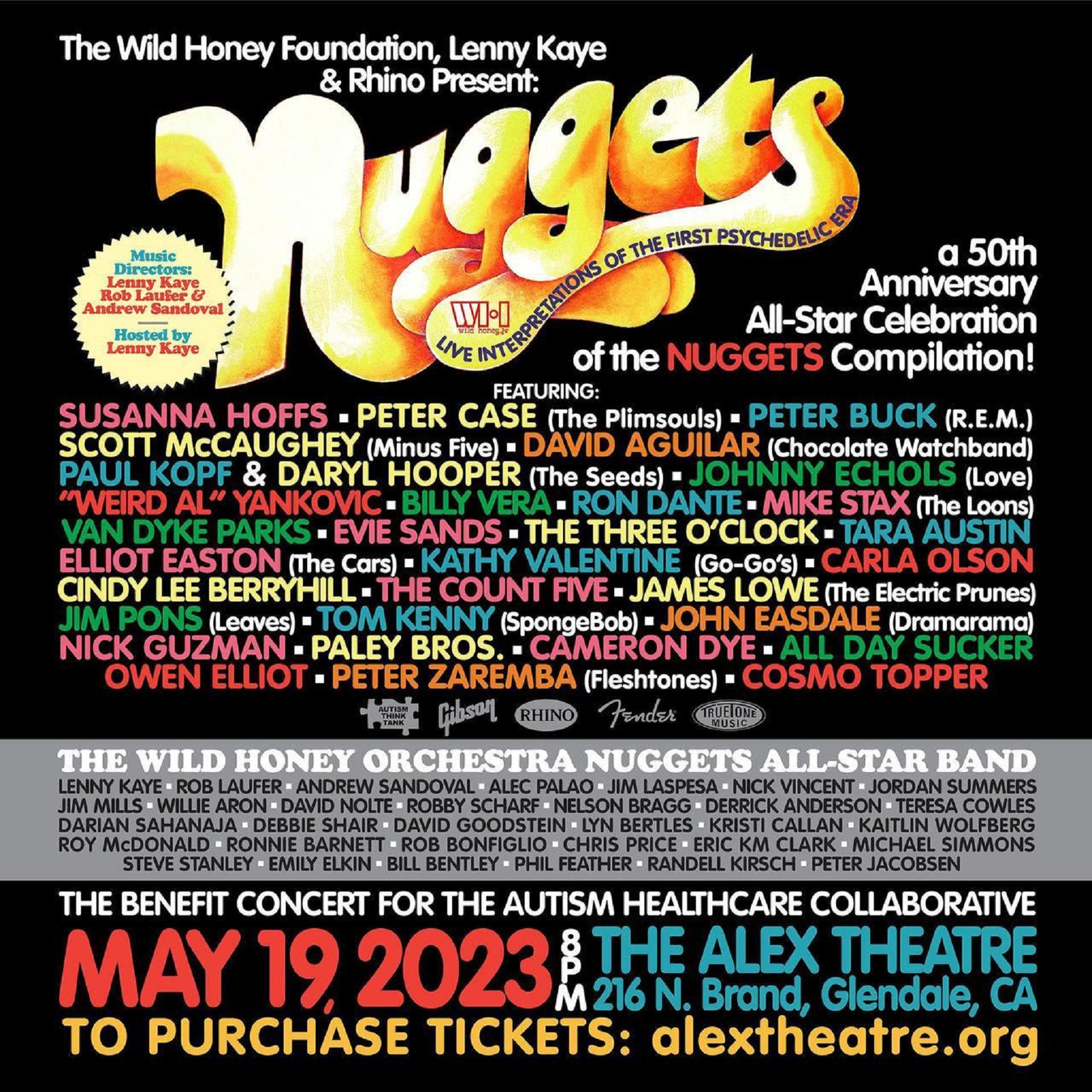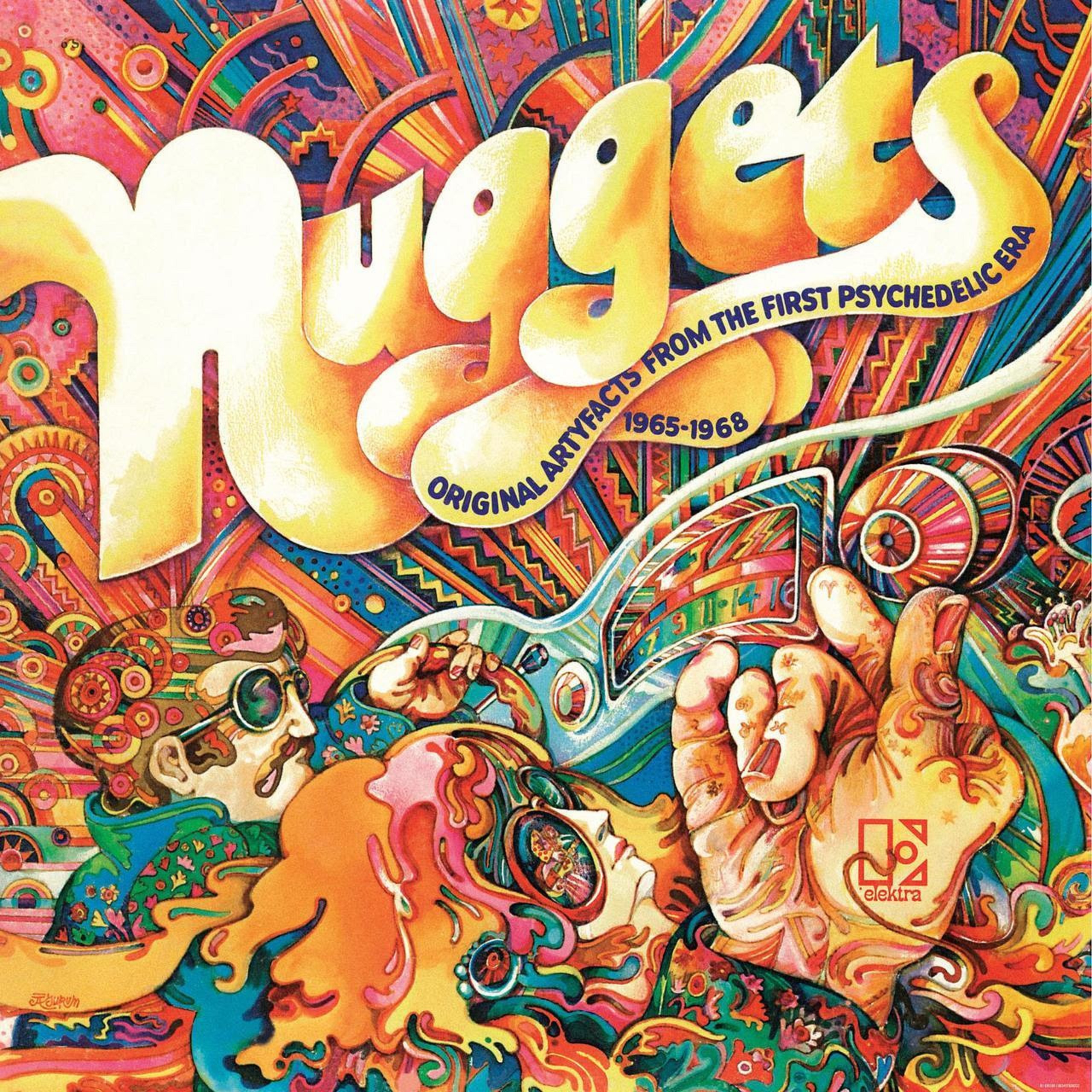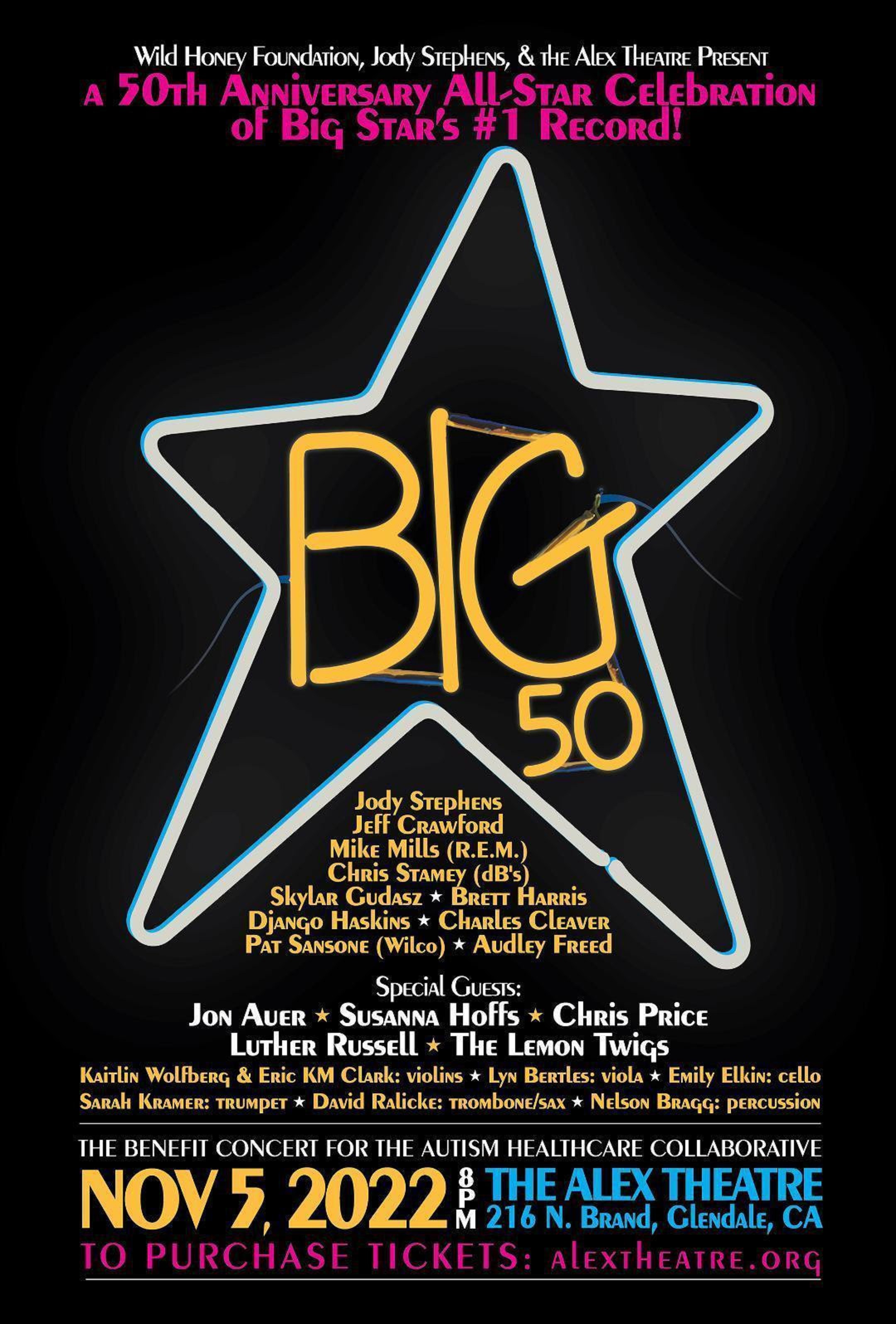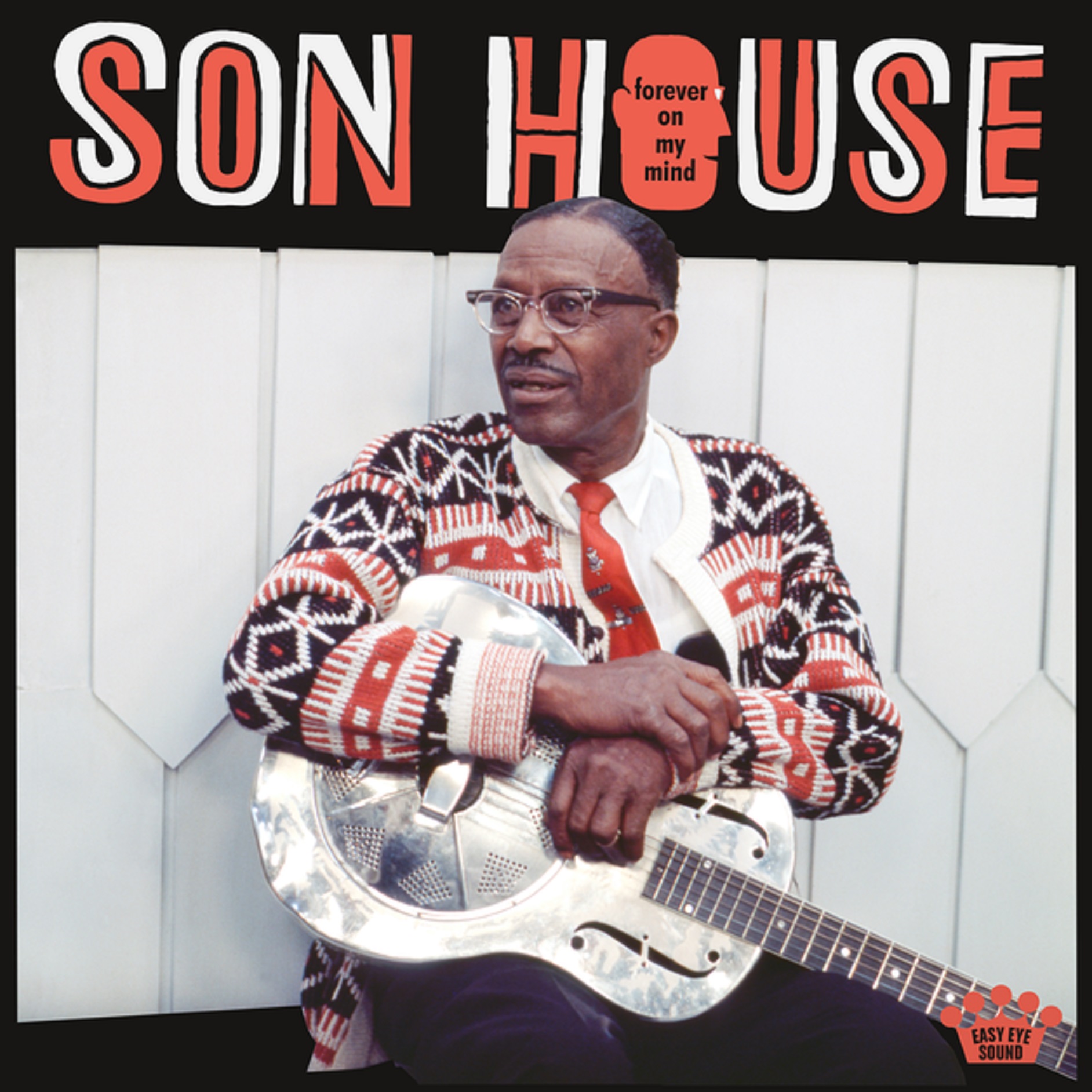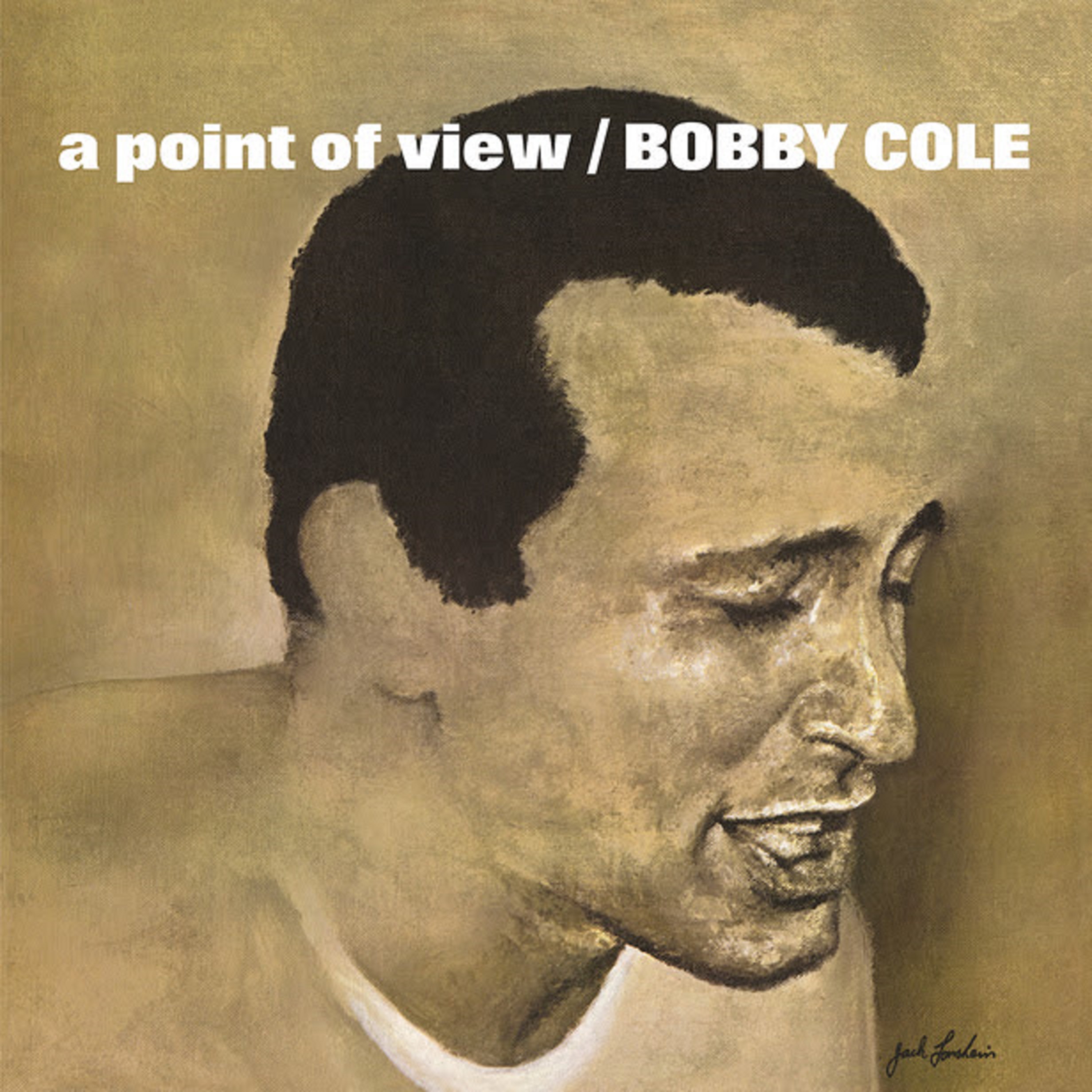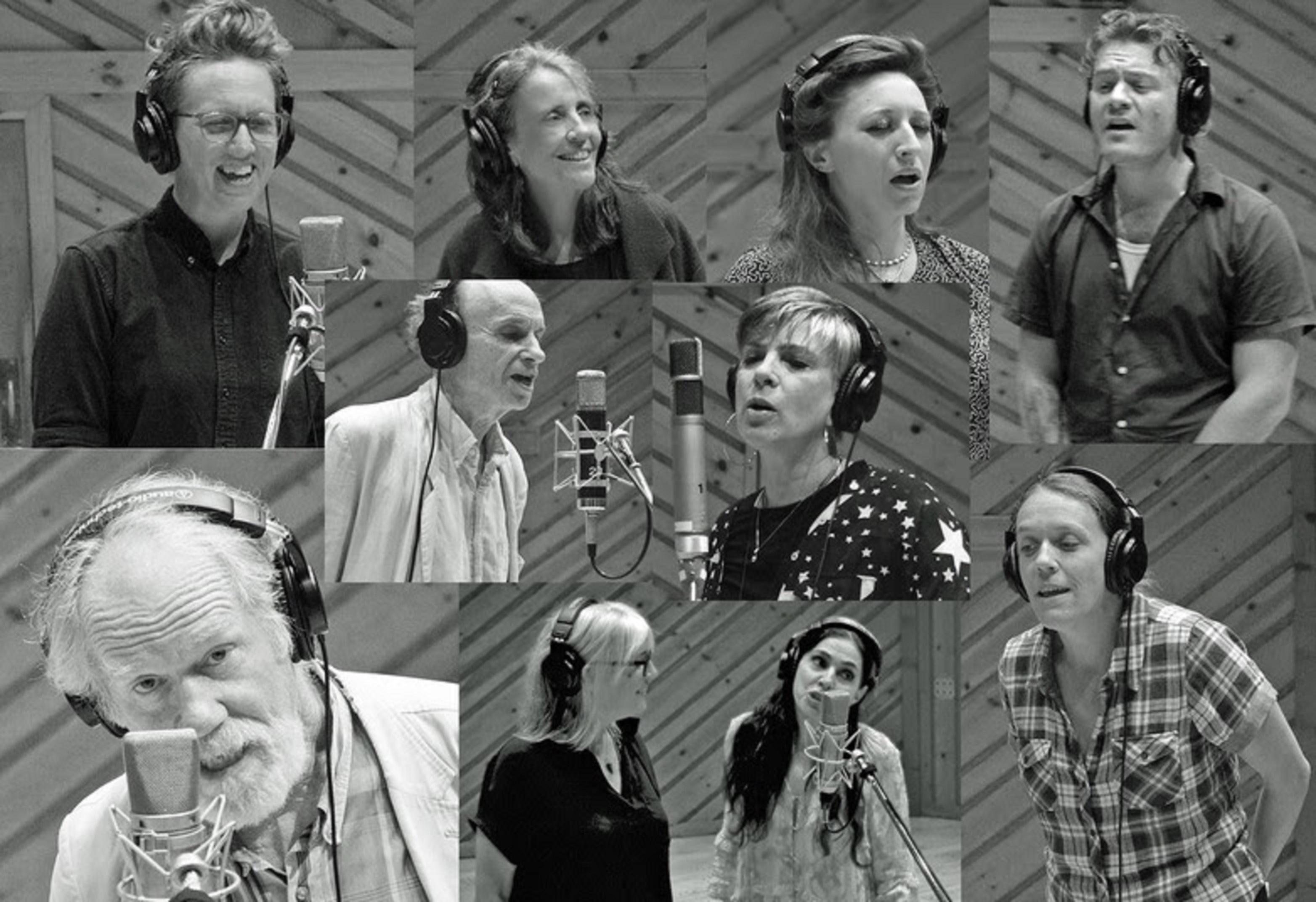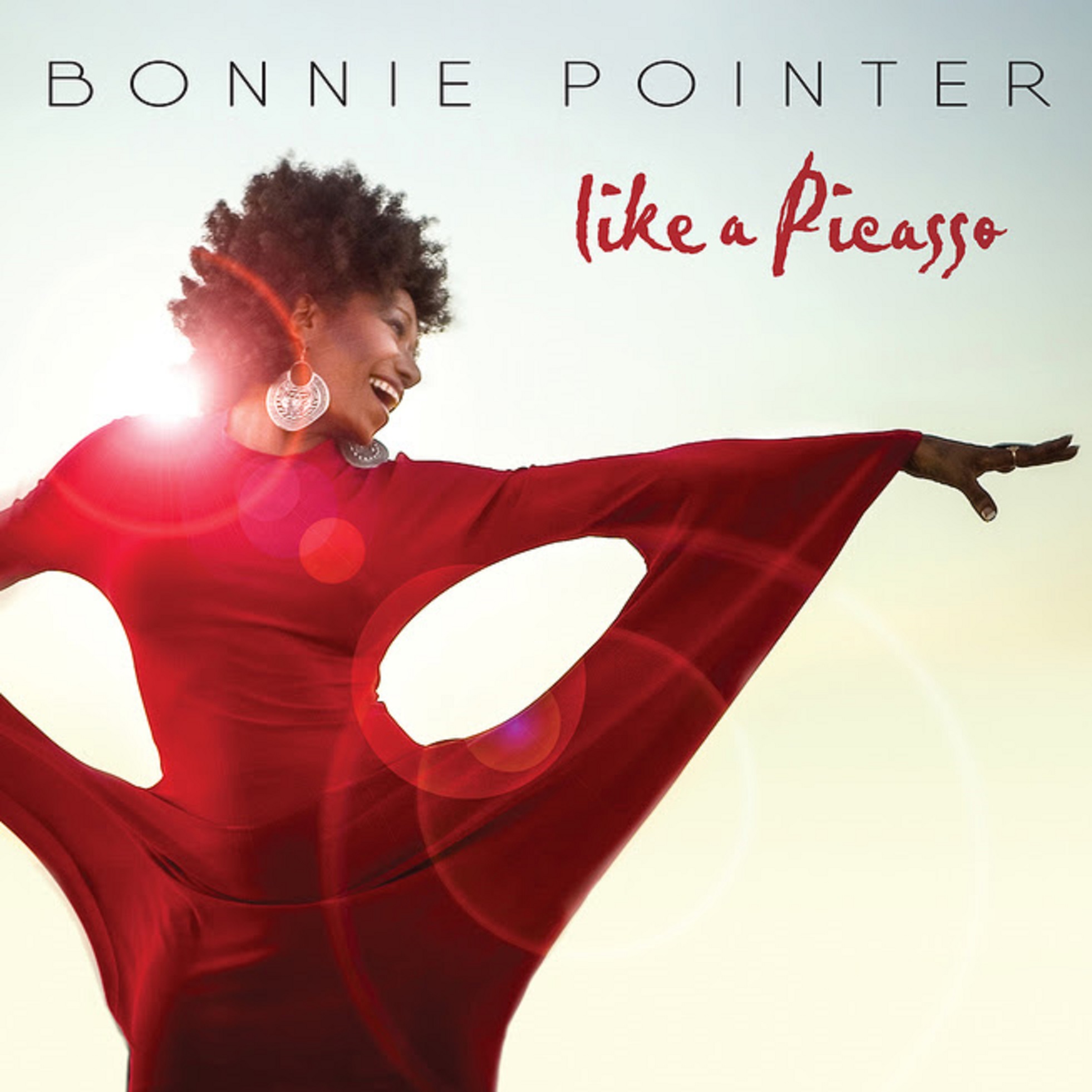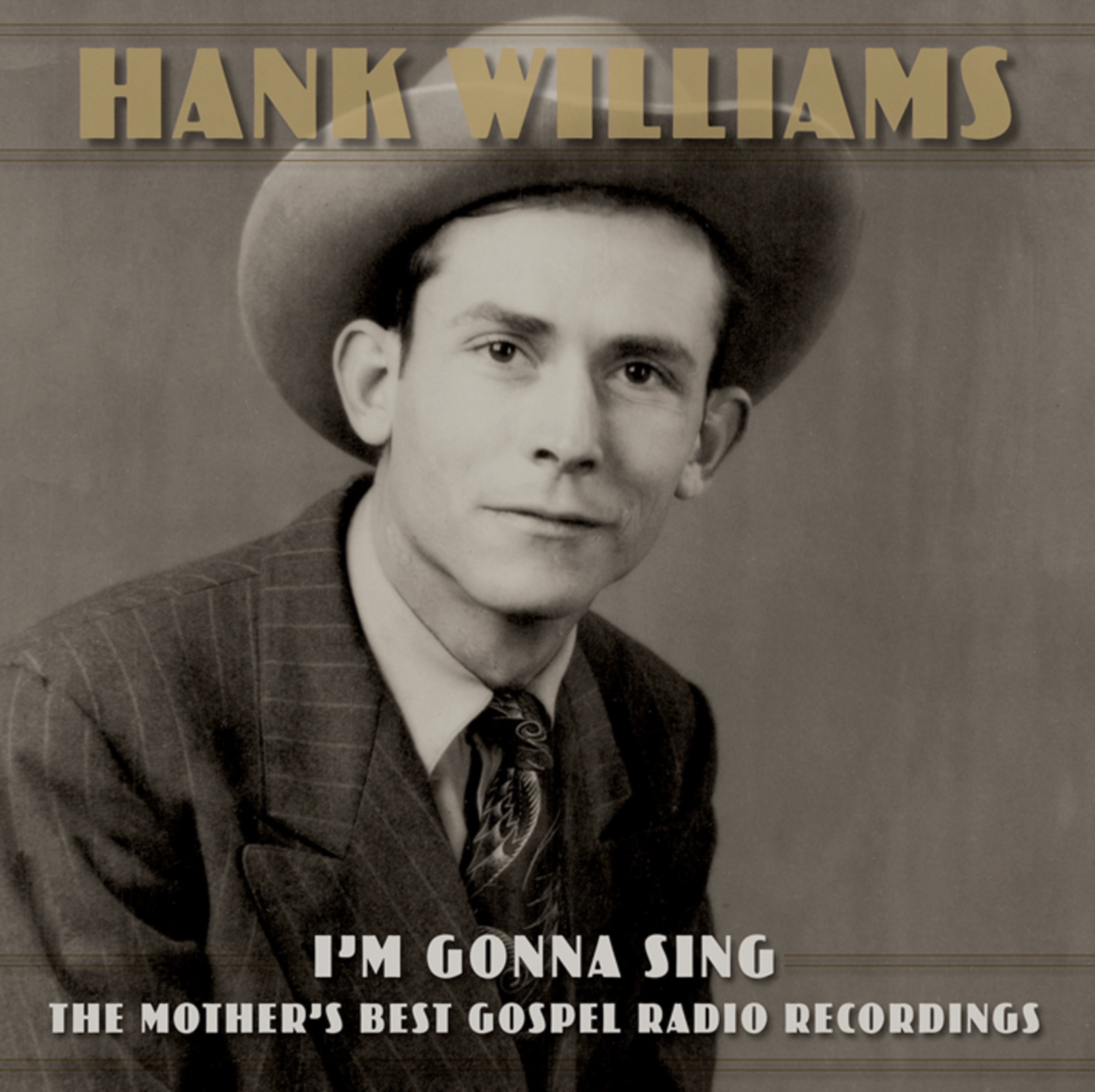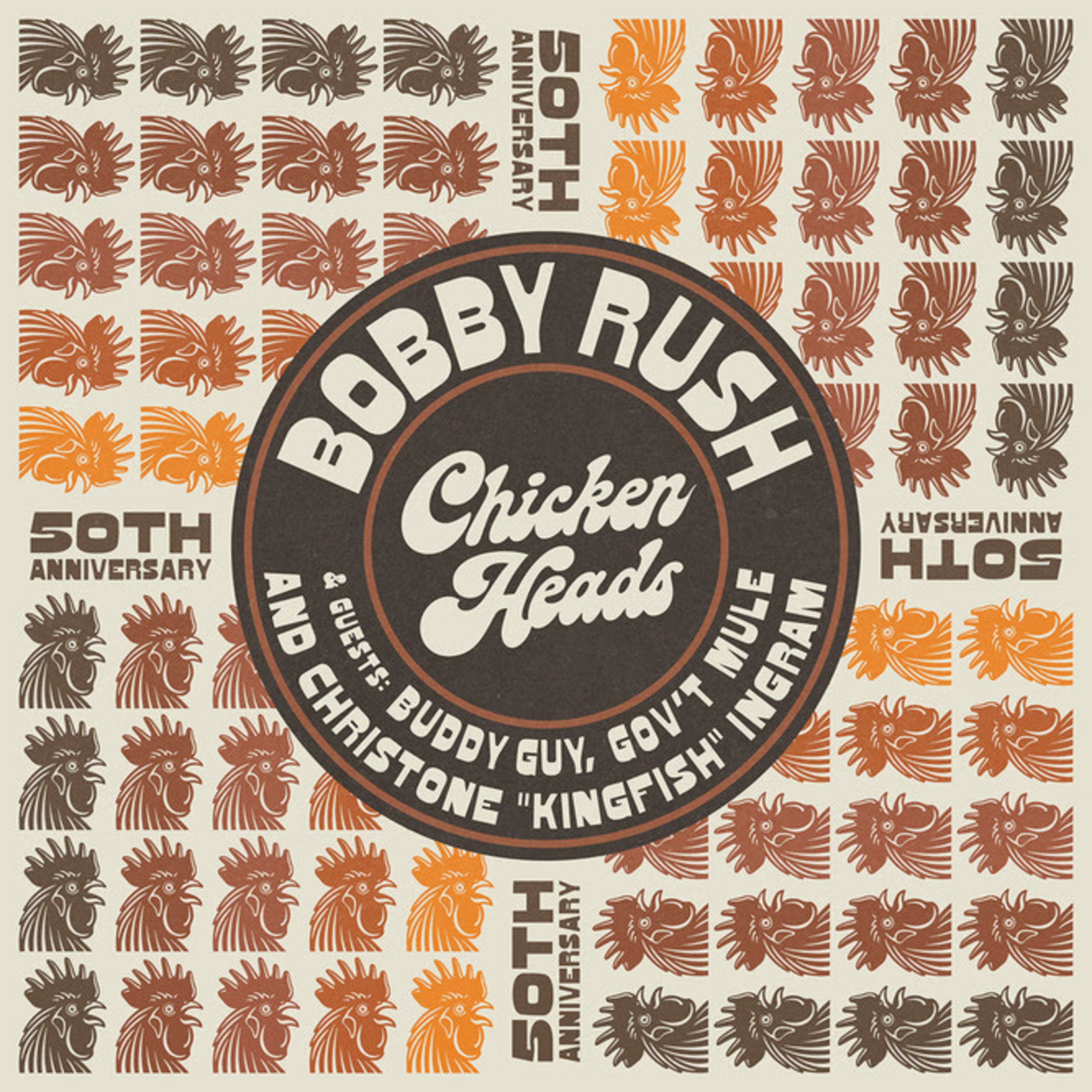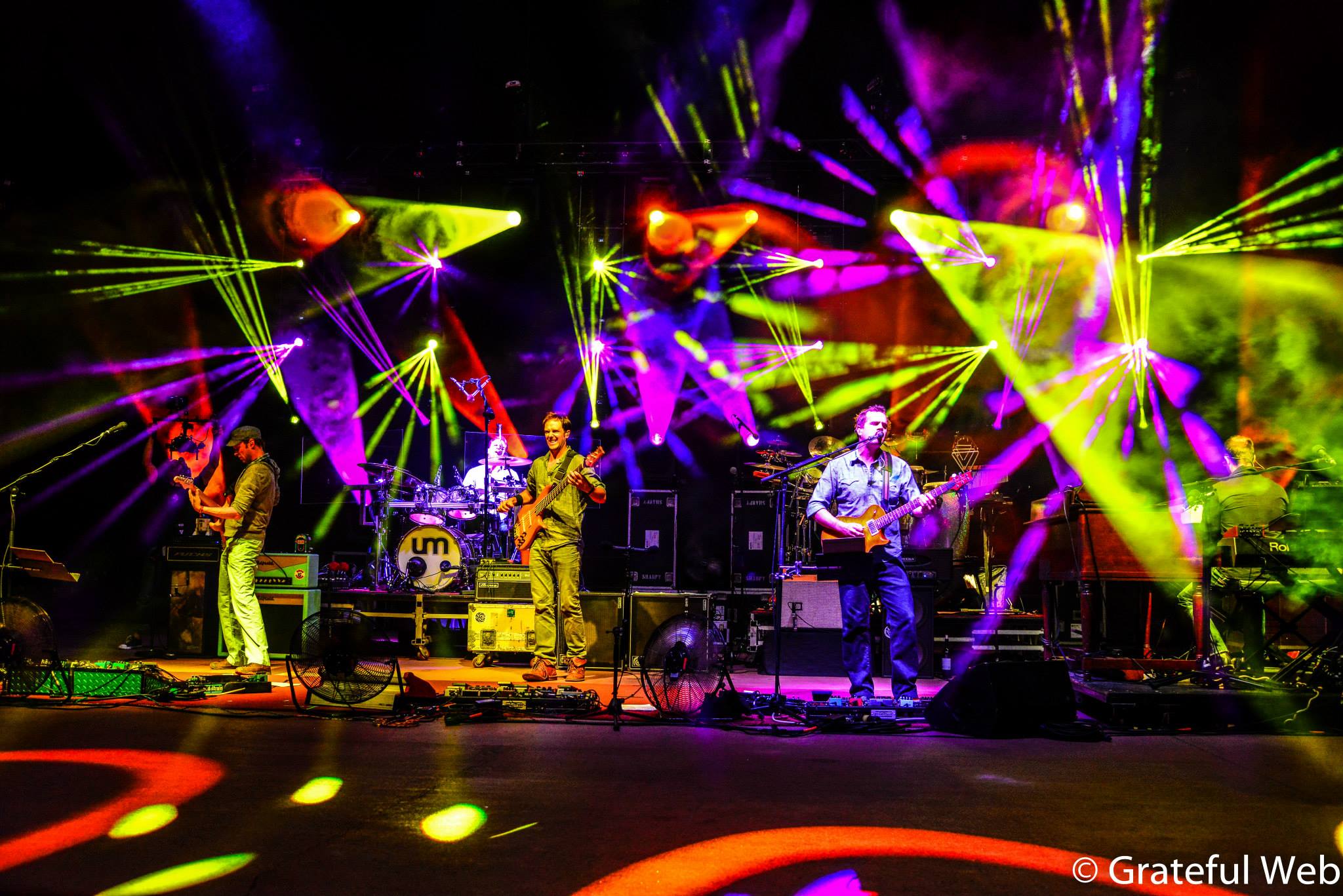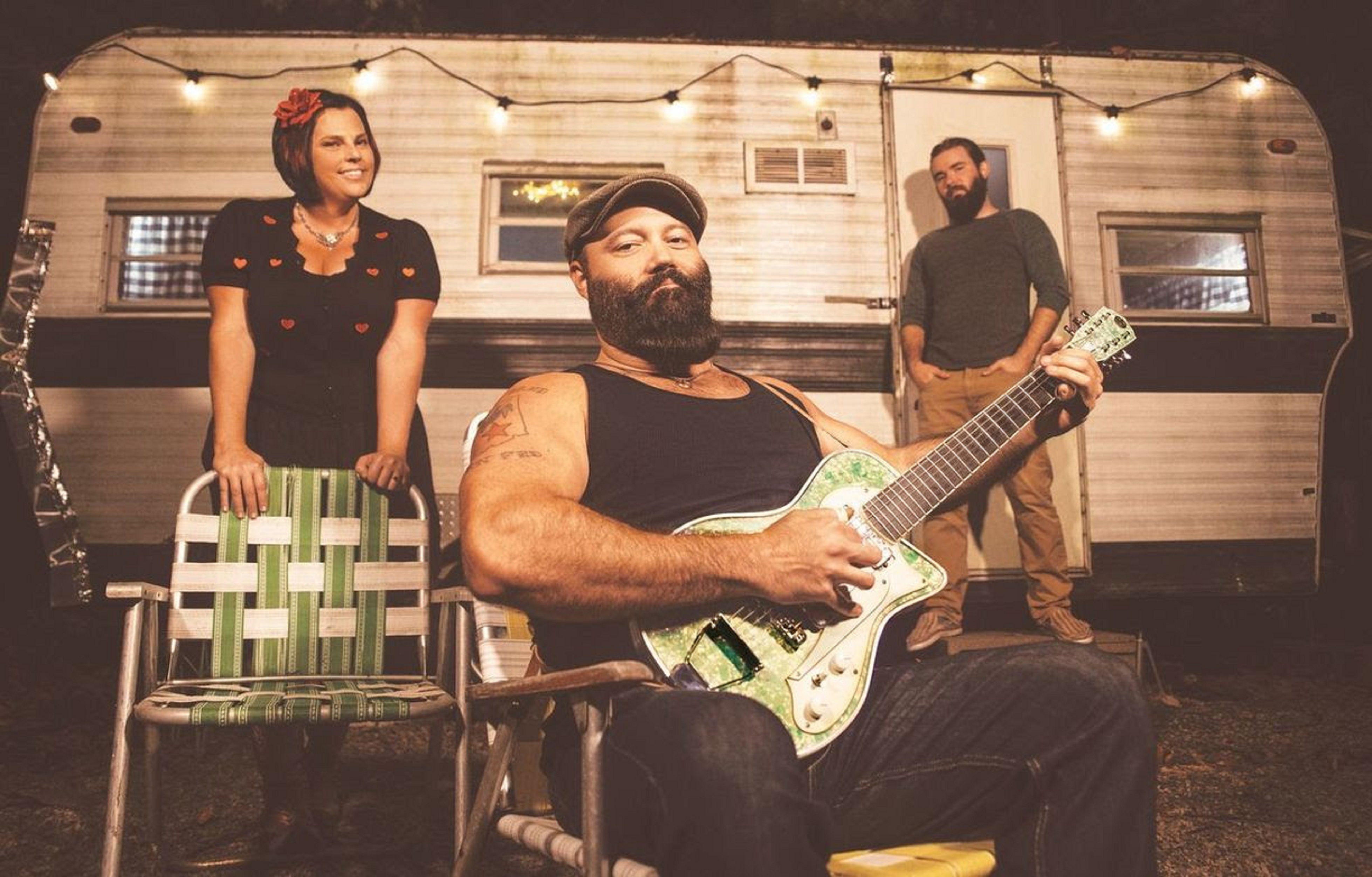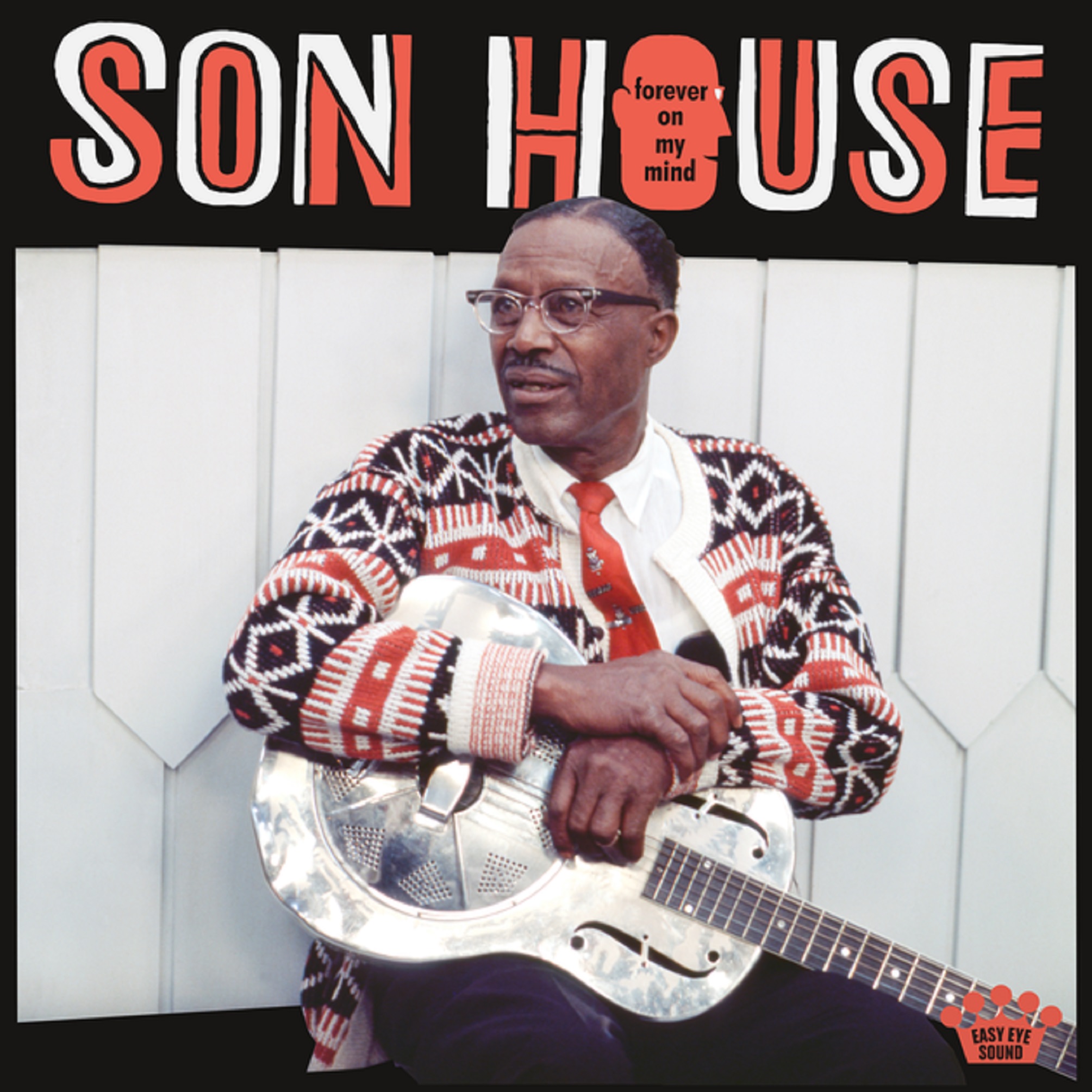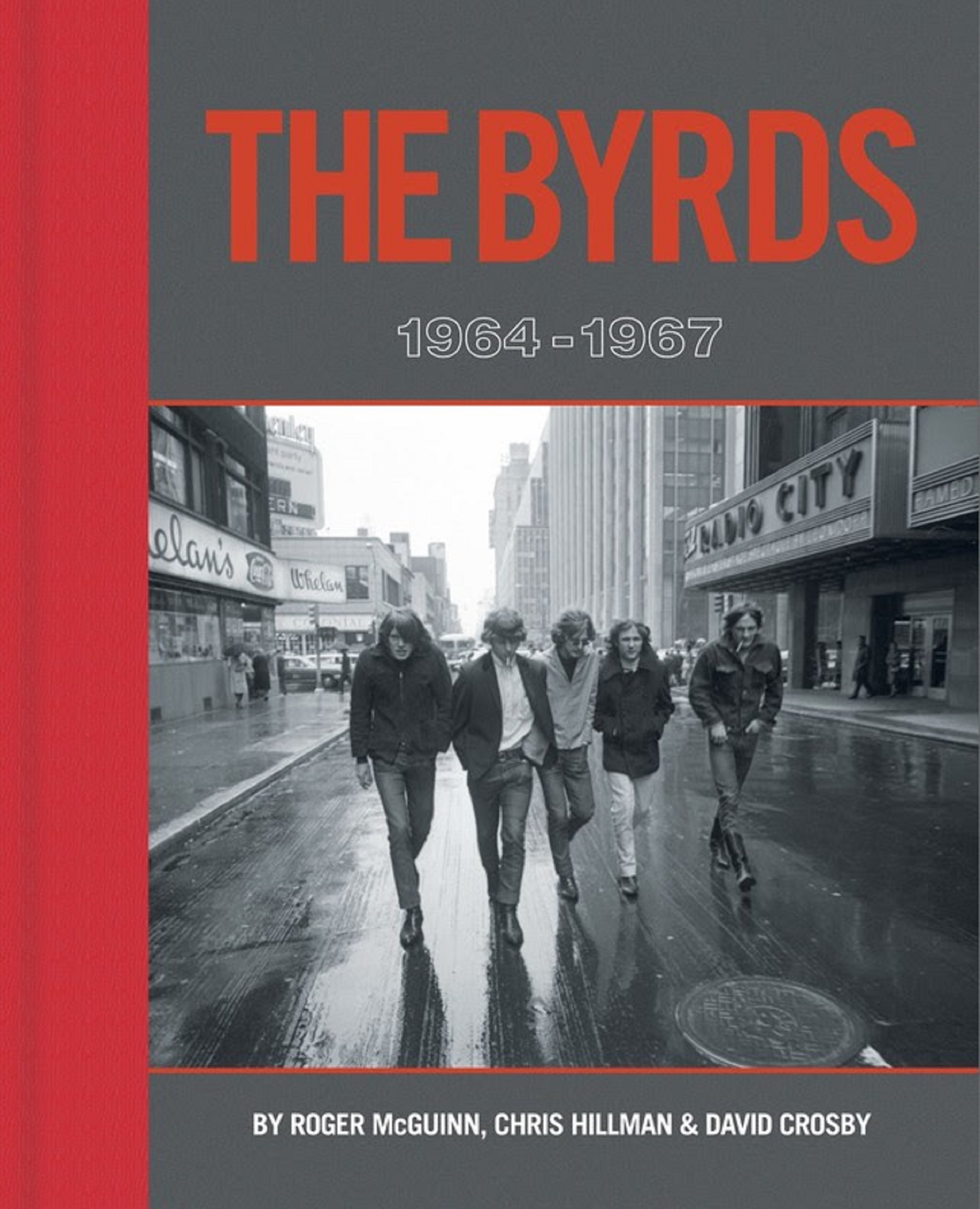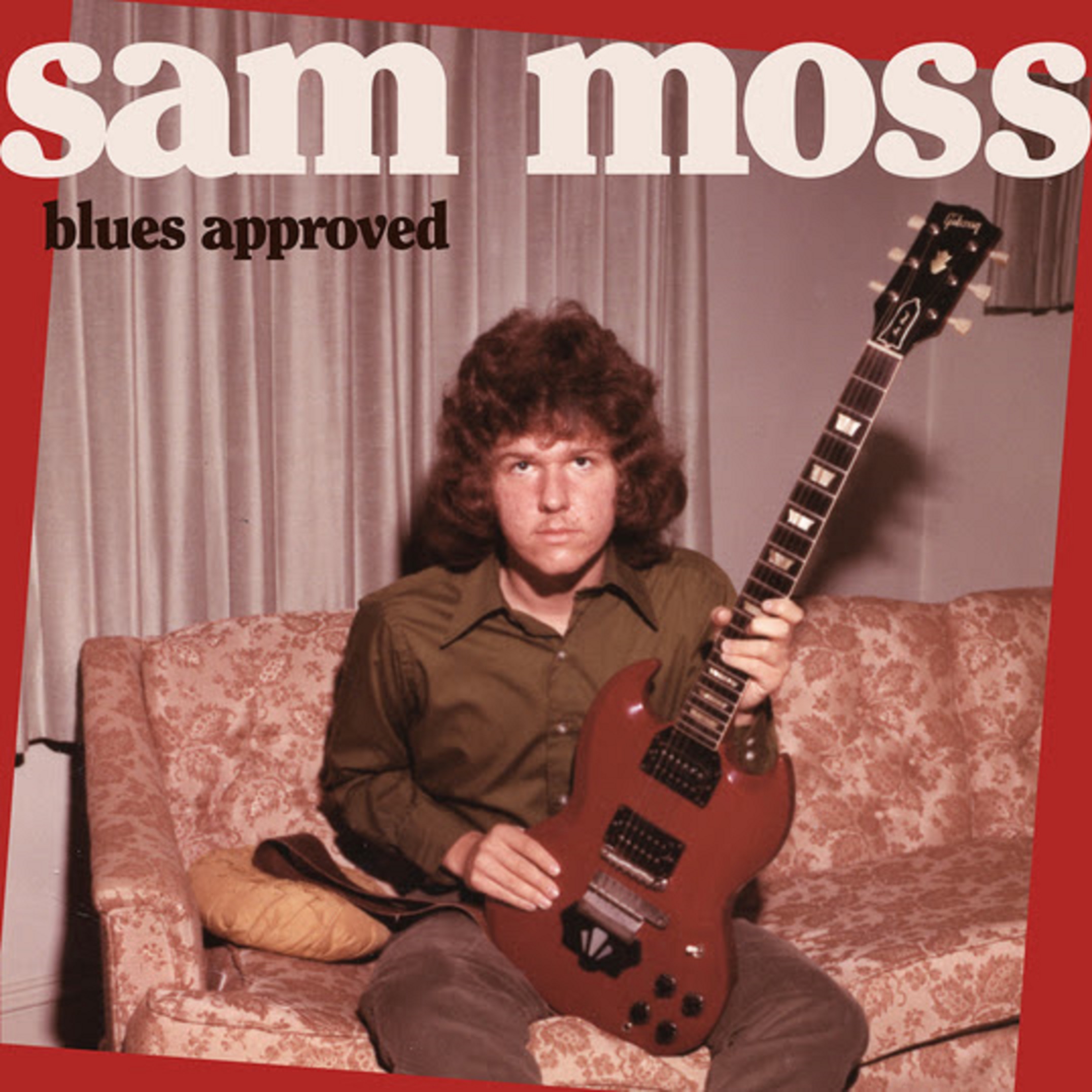When Willie Nile recently sought help in underwriting his new album American Ride — out on April 30, 2013 on his own River House Records — with a fundraising campaign on pledgemusic.com, his fans turned out in huge numbers, reaching his goal amount in a mere four days and ultimately exceeding it.Anyone who’s familiar with the New York-bred singer-songwriter’s large and impressive body of work will have no trouble understanding why he commands such devotion and loyalty from his fan base. And anyone who’s paid attention to his recent output knows that Nile is currently in the midst of a creative renaissance that’s produced some of the most compelling music he’s ever made.The timeless qualities of melodic craft, lyrical insight and emotional engagement that have endeared Nile to listeners around the world are prominent on American Ride, which ranks among the most powerful and personally charged work of his three-and-a-half-decade recording career.“It’s pretty rockin’ overall, but there are some left turns and right turns along the way,” Nile says of the album. “There are songs about the rights of man, songs about freedom, songs about love and hate, songs about loss, songs about God and the absence of God, and songs about standing up for your fellow man. It’s upbeat and full of life. I’m thrilled with how it came out.”American Ride offers a bracing set of 11 original compositions, and one well-chosen cover, that rank with the catchiest and most vivid music that Nile’s ever delivered. From the everyday wisdom of “Life on Bleecker Street” and “Sunrise in New York City” to the broader observations of “This Is Our Time” and “Holy War” to the rock ’n’ roll abandon of “Say Hey” and the road-tripping title track, the album consistently lives up to the artist’s reputation for writing songs that are as impassioned as they are infectious, and performing them with the fervor of a true believer. Several of American Ride’s recurring themes come into focus on the last two songs, “The Crossing” and “There’s No Place Like Home,” which end the album on a note of humanistic uplift. Another highlight is a fiery reading of Jim Carroll’s “People Who Died,” recorded as a tribute to both Carroll, who passed away in 2009, and to Nile’s late brother John.American Ride features backup from Nile’s live band — guitarist Matt Hogan, bassist Johnny Pisano, drummer Alex Alexander, and Nile on guitar and piano — along with guest appearances by Eagles/Rosanne Cash guitarist Steuart Smith and New York singer-songwriters James Maddock and Leslie Mendelson. Nile also worked with some notable songwriting collaborators, including Eric Bazilian of The Hooters, who co-wrote “God Laughs”; The Alarm’s Mike Peters, who contributed to the title number; and Nile’s frequent writing partner Frankie Lee, who co-wrote four tracks. The release was produced by the team of Grammy-winner Stewart Lerman (who has worked with Nile since the ’90s), and Nile himself. Additional production by Pisano and Alexander.Having launched his recording career at the height of the major-label era, and never comfortable with the baggage that comes along with being a major-label commodity, Nile has in recent years embraced the autonomy and freedom of his current indie status. To bring American Ride to fruition, he decided to take his case directly to the fans, financing the album’s recording, manufacturing and promotion via the aforementioned pledgemusic.com campaign.“The record business is completely changed from what it was when I started,” he observes. “Artists can be independent now and make music on their own terms, and I love the freedom of that. I’ve been very fortunate in that fans and friends have been getting behind the work I’ve been doing, and it’s amazing and heartening to get that kind of support.” Willie Nile’s fans include Bruce Springsteen, with whom he’s guested onstage on multiple occasions, and Pete Townshend, who personally requested him as the opening act on the Who’s 1982 U.S. tour. Other avowed Nile admirers include Bono, Lou Reed, Paul Simon, Ian Hunter, Graham Parker, Jim Jarmusch, Adam Duritz, Little Steven and Lucinda Williams, who once remarked, “Willie Nile is a great artist. If there was any justice in this world, I’d be opening up for him instead of him for me.”Born into a large Irish Catholic family in Buffalo, N.Y., Willie began writing songs in his early teens. After graduating from the University at Buffalo with a B.A. in Philosophy, he moved to Manhattan’s Greenwich Village. During his first winter there, he was sidelined by pneumonia. While spending nearly a year recuperating, he concentrated on honing his songwriting skills. After his recovery, Nile became a popular fixture in the Village’s folk clubs, while drawing inspiration from the emerging downtown punk scene. His budding career received a major boost from a high-profile New York Times piece by legendary critic Robert Palmer, who called Nile “an exceptional talent” and “one of the most gifted singer-songwriters to emerge from the New York scene in years.”The local buzz stoked by the Times story led to a deal with Arista Records, for which Nile recorded Willie Nile and Golden Down, released in 1980 and 1981, respectively. Those albums won a sizable audience and generated reams of press raves, with one critic likening Nile to a “one-man Clash,” and another calling his debut effort “one of the most thrilling post-Byrds folk-rock albums of all time.” But his progress ground to a halt after legal disputes with his label caused Nile to walk away from the music business, beginning a recording hiatus that lasted for nearly a decade.Although he continued to write new material, Nile maintained a discreet distance from the spotlight until 1991, when he reemerged with a new deal with Columbia Records and a new album, Places I Have Never Been, which restored the artist to prominence with fans and critics. The following year, he went the independent route with the four-song EP Hard Times in America. Willie Nile — Archive Alive, a vintage document of a 1980 performance in New York’s Central Park, was released in 1997. In 1998, Nile lent his unmistakable voice to the all-star concept album Largo.In 1999, Nile released Beautiful Wreck of the World, which marked the start of an exciting new chapter in his career, one in which he’s wholeheartedly embraced his new indie status to create and distribute his music free from corporate agendas. His new approach yielded substantial results, with Beautiful Wreck of the World chosen as one of the year’s Top Ten Albums by critics at Billboard, The Village Voice and Stereo Review. During this period, Nile substantially stepped up his touring activities in Europe, where he’s since built a large and enthusiastic following.The well-received Streets of New York, from 2006, ushered in the most productive and prolific period of Nile’s musical life. The CD Live From the Turning Point and the DVD Live From the Streets of New York followed in 2007 and 2008, respectively, as did another widely celebrated new studio album, House of a Thousand Guitars, and 2011’s The Innocent Ones, which won some of the most enthusiastic notices Nile’s ever received.The BBC called The Innocent Ones “stunning . . . THE rock ’n’ roll album of the year,” and Rolling Stone included it in its “Top Ten Best Under-the-Radar Albums of 2011.” USA Today named the album’s anthemic lead track “One Guitar” as the number-one song in the nation. It was also one of five songs chosen to be played on Occupy Wall Street’s 1000-guitar march, alongside Woody Guthrie’s “This Land Is Your Land.”“It’s been a great time,” Nile says of his recent activities. “I’ve been touring more in the last two years than in my entire career up until then. I’m in Europe four months a year and we’ve really built something solid over there. The fans are so great, so vocal, so supportive, and I’m deeply grateful to each and every one of them.”With American Ride now a reality thanks to his — and his fans’ — efforts, Willie Nile is moving with the unmistakable momentum of a deeply accomplished artist who’s just hitting his stride.“People who’ve heard this album say it’s as good a record as I’ve ever made, and I don’t disagree,” he states, adding, “I definitely think it’s as good a collection of songs as I’ve put together. I’m still learning as I go, and it gets easier every time in. I still love what I do and I’m probably feeling more inspired now





